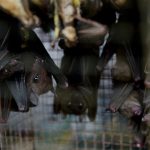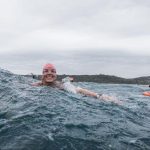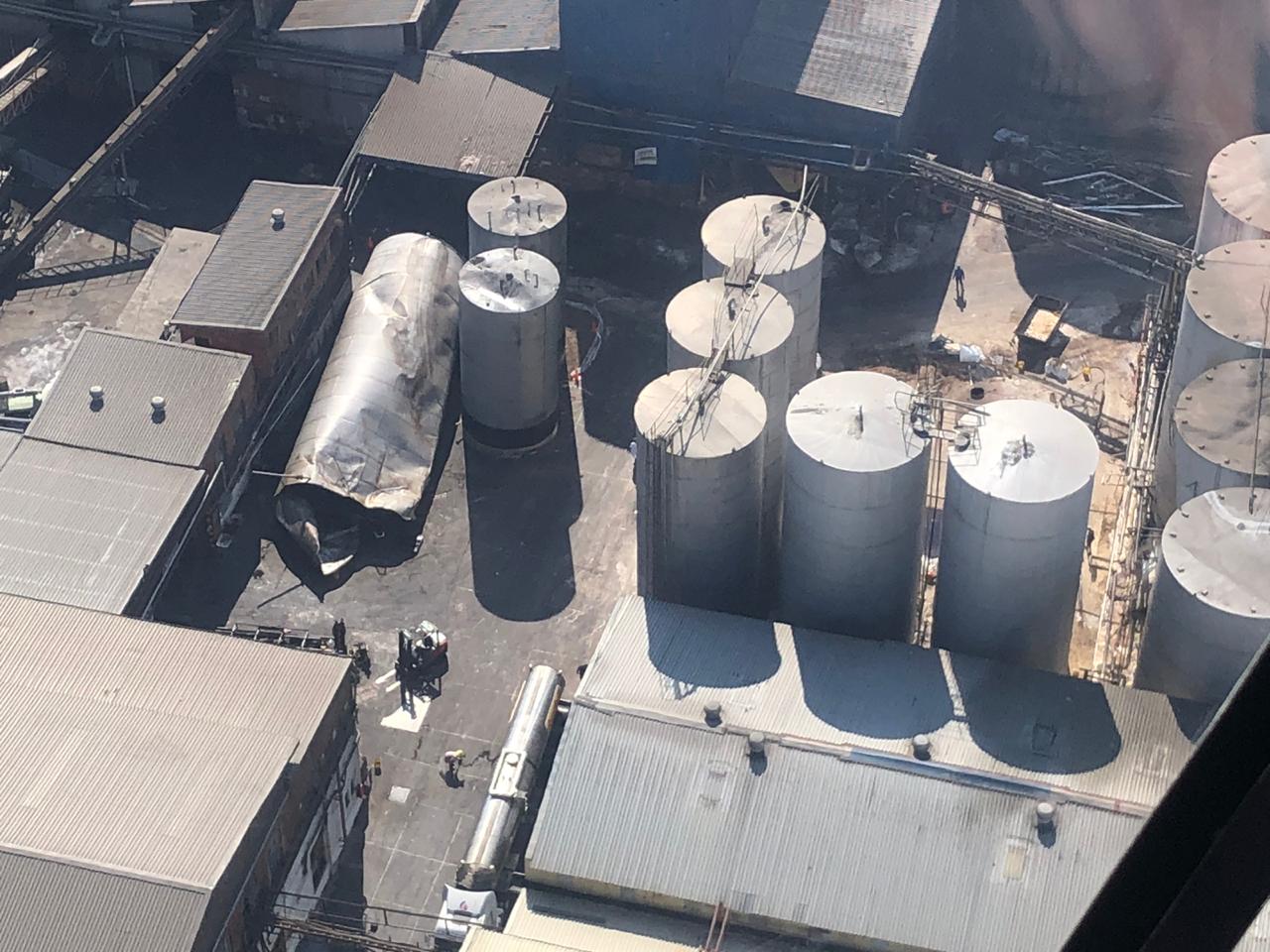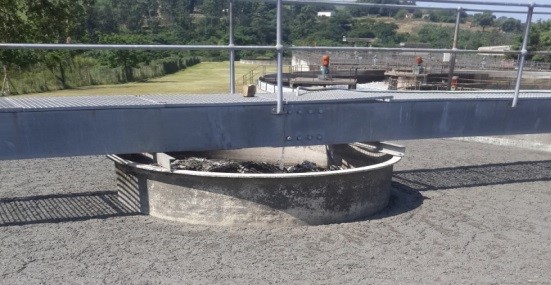Dr Andrew Venter on how the unsustainable exploitation of wildlife is putting human health at ever increasing risk.

There’s strong evidence the Covid-19 pandemic responsible for killing more than 108 000 people, infecting at least 1.7 million and shutting down economies globally, comes to us from other animals. (Figures as at 12 April)
Covid-19 appears to be a bat virus that jumped to humans who ate pangolins that were carrying the disease.
It is not the first animal virus to infect humans.
An article in the journal PLOS notes that zoonotic infectious diseases have been killing or making humans ill for more than 10 000 years.
It’s thought that three-quarters of newly emerging infectious diseases are zoonoses – where animal viruses have jumped to humans.
If anything, it’s likely to get worse.
Habitat destruction
As the human population grows, we’re destroying more and more of our planet’s natural habitat. We are encroaching on those remaining, increasingly threatened, areas where wildlife is still free to roam. And as this happens more animal viruses will affect us.
Climate change will aggravate this.
The warming of the planet and changes to rainfall patterns have a direct impact on the spread of zoonotic diseases.
Yet many societies continue to cling to cultural and traditional practices rooted in consuming wildlife – for food, medicines, or simply to demonstrate personal status.
Often, these practices put a premium on species seen to be exotic or those that are simply hard to get due to their scarcity. This drives demand for these species, underwriting an illegal and unsustainable trade, and significantly increasing the chances of unknown diseases jumping from these animals to us.
Wildlife conservation and welfare activists have been lobbying for an end to this trade for decades. The campaigns around rhino and pangolin poaching are recent high-profile examples. But there are thousands of similar campaigns aimed at protecting a range of land and marine species.
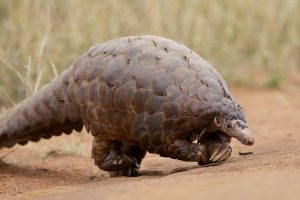
Chance for change
Until now, the intention has largely focused on saving particular species, rather than preventing the spread of animal-borne diseases.
But the intersection of the Covid-19 pandemic, the possible link between the virus and pangolin and the suspected role of the Wuhan wet market, has changed things.
It has created a moment in time for society to take a hard stance against the unsustainable harvesting, trafficking and use of wildlife.
On 24 February, China’s National People’s Congress adopted a decision aimed at enabling a “complete ban of illegal wildlife trade and the elimination of the unhealthy habit of indiscriminate wild animal meat consumption”.
This could be a great leap forward to cutting the chances of another zoonotic virus coming out of China.
Equally important, it’s a big step to reframing our relationship with wildlife and the natural world that supports us.
Wait and see
We still have to see how the Chinese government implements their decision. It also remains to be seen whether their example is followed in the other countries that are primary markets for unsustainable harvested and traded wildlife.
Let’s hope the Covid-19 clarion call will significantly change our relationship with wildlife and the ecosystems they call home.
The pandemic has demonstrated how the unsustainable exploitation of exotic animals can directly harm humanity.
The lesson needs to be taken further, though.
Our unsustainable use of natural resources and impact on the biodiversity around us, is driving climate change and ecosystem collapse.
This is being driven by businesses who clear over 26 million hectares of forest annually, harvesting timber, opening grazing for cattle and planting high value crops, like soya and palm nut.
This is an area the size of the United Kingdom and the consequences for our efforts to stop and reverse climate change are devastating.
It also means the risk of diseases spreading from forest wildlife to humans is increasing all the time.
Clearly, business needs to revisit its relationship with nature.
These ecosystems are important for us all. We must all work to restore and protect them, for our future.
- Dr Andrew Venter is the director of the Cambridge Institute for Sustainability Leadership’s operations in South Africa. Venter joined CISL SA from WILDTRUST, where he was chief executive for 19 years. Over this period, he led the development of WILDTRUST into one of the region’s largest and most influential environmental organisations. This story, also published by the Sunday Tribune, forms part of The Future We Want Series launched by the CISL and Roving Reporters in response to the Covid-19 pandemic.

You may republish this article, so long as you credit the author and Roving Reporters, and do not change the text. Please include a link back to the original article.
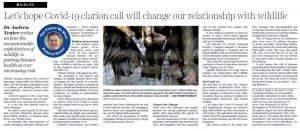
Now read… New film puts the focus on pangolin poaching
Click on the image below to read more stories in our series of Coronavirus Chronicles
References
https://journals.plos.org/plosntds/article?id=10.1371/journal.pntd.0003257
https://www.nature.com/articles/s41591-020-0820-9
https://www.un.org/sustainabledevelopment/blog/2019/05/nature-decline-unprecedented-report/
https://www.nytimes.com/2020/02/27/science/coronavirus-pangolin-wildlife-ban-china.html
https://apnews.com/d59f43a911996a729cdf8636f5aa4ce4
http://www.npc.gov.cn/englishnpc/lawsoftheprc/202003/e31e4fac9a9b4df693d0e2340d016dcd.shtml




